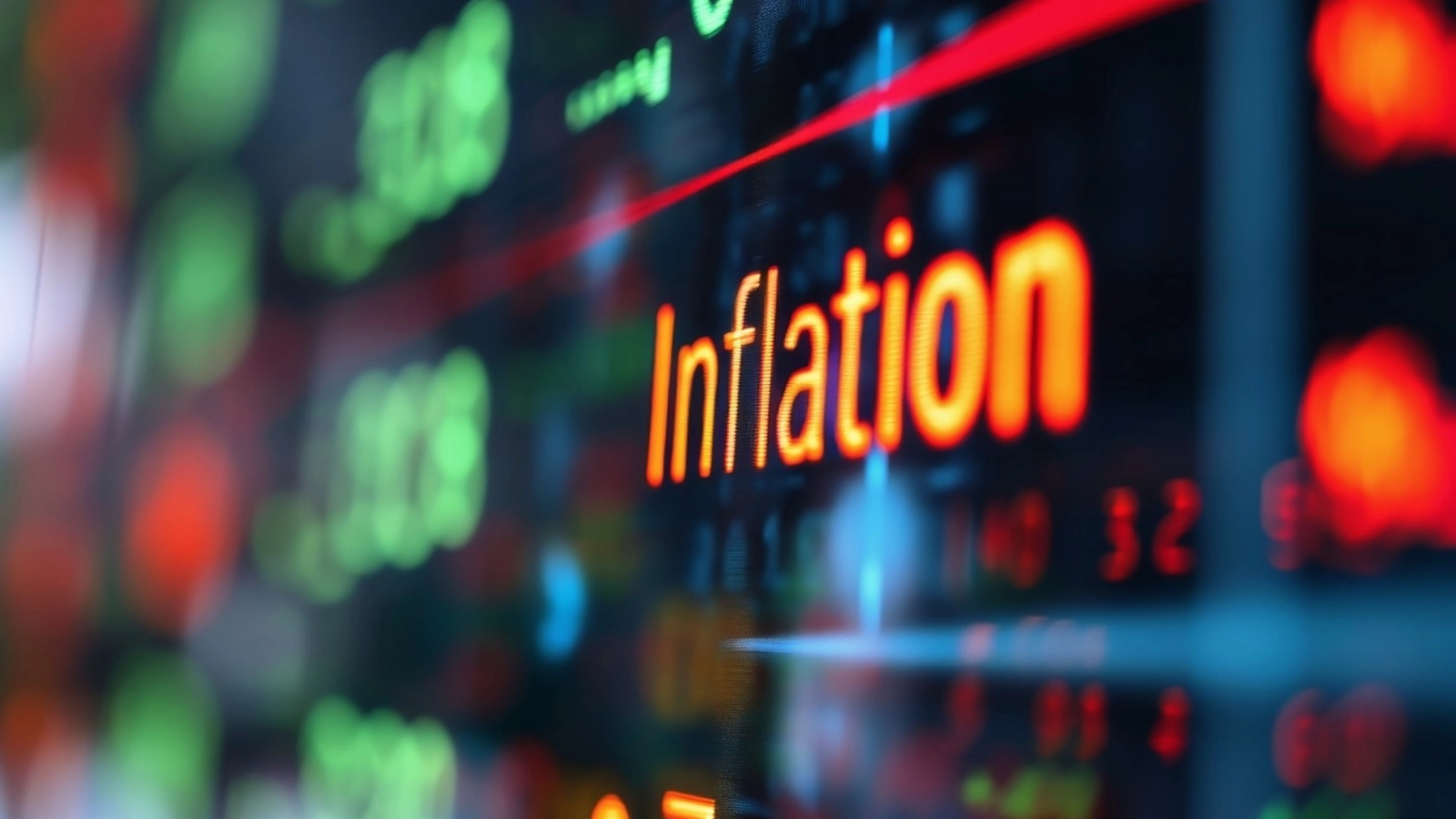The measures adopted by the Government through the two reform packages are insufficient in order to bring Romania close to the European deficit target of 3 percent, but they are sufficient in order to avoid, in the short term, the risk of a downgrade of the country's rating, according to an analysis of a global company of financial services.
"The first reform package proposed by the Romanian authorities was adopted quickly and included initial tax increases and moderate spending cuts in order to generate immediate additional revenues. The second package, negotiated over a longer period, involved raising VAT rates to 21 percent and 11 percent, increasing the dividend tax to 16 percent, raising excise duties on fuel, alcohol and tobacco, as well as other structural reforms. Even so, these measures remain insufficient to bring Romania close to the EU 3 percent deficit target. The proposed reforms have faced widespread criticism for their lack of ambition, a view we partly share. Nevertheless, the adopted packages are, in our opinion, sufficient to avoid in the short term the risk of a sovereign rating downgrade. The IMF estimates a reduction of the deficit from 9.3 percent of the GDP in 2024 to around 5.8 percent in 2026 - a forecast we consider slightly optimistic, but which still reflects a more positive trend in international institutions' assessments regarding Romania," Ebury specialists said.
According to the analysis, Romania theoretically has some fiscal space, with a relatively low debt-to-GDP ratio of 56 percent and the main risks continue to be linked to fiscal policy and public debt management.
Ebury analysts underline that the increase in VAT rates has, as expected, led to a significant rise in inflation, which reached nearly 10 percent in the past two months (9.9 percent) and maintain their forecast for the leu currency, anticipating a slight and controlled depreciation.
"Although the new fiscal measures are considered temporary shocks, we expect inflationary pressures to remain high for an extended period, further amplified by possible new tax increases. Under these conditions, we do not anticipate major changes in the BNR's [the National Bank of Romania] monetary policy in the immediate period, even as the economy visibly slows. The BNR has kept the key interest rate at 6.5 percent since August 2024 and this stance is possibly to remain unchanged. Economic growth remains modest - the GDP is expected to expand by around 1.5 percent this year - and domestic demand is relatively weak. Nevertheless, price stability remains the central bank's absolute priority. Externally, Germany's massive fiscal stimulus should support demand for Romanian exports next year, partially compensating the weak domestic consumption. Moreover, a decline in global uncertainty and continued absorption of EU funds under the PNRR (NextGenerationEU) programme represent positive factors for local economic activity. We do not anticipate for the BNR to cut rates soon, however we believe the central bank will continue to intervene in the foreign exchange market," the analysts said.
Ebury is a global financial services company active in over 30 markets worldwide. Founded in 2009, the company currently employs more than 1,800 people and serves over 21,000 clients. In the 2025 fiscal year, Ebury increased its global revenues to over 286 million GBP. The company is regulated by the UK's Financial Conduct Authority and endorsed by top investors, including a majority stake held by Banco Santander.
































Comentează